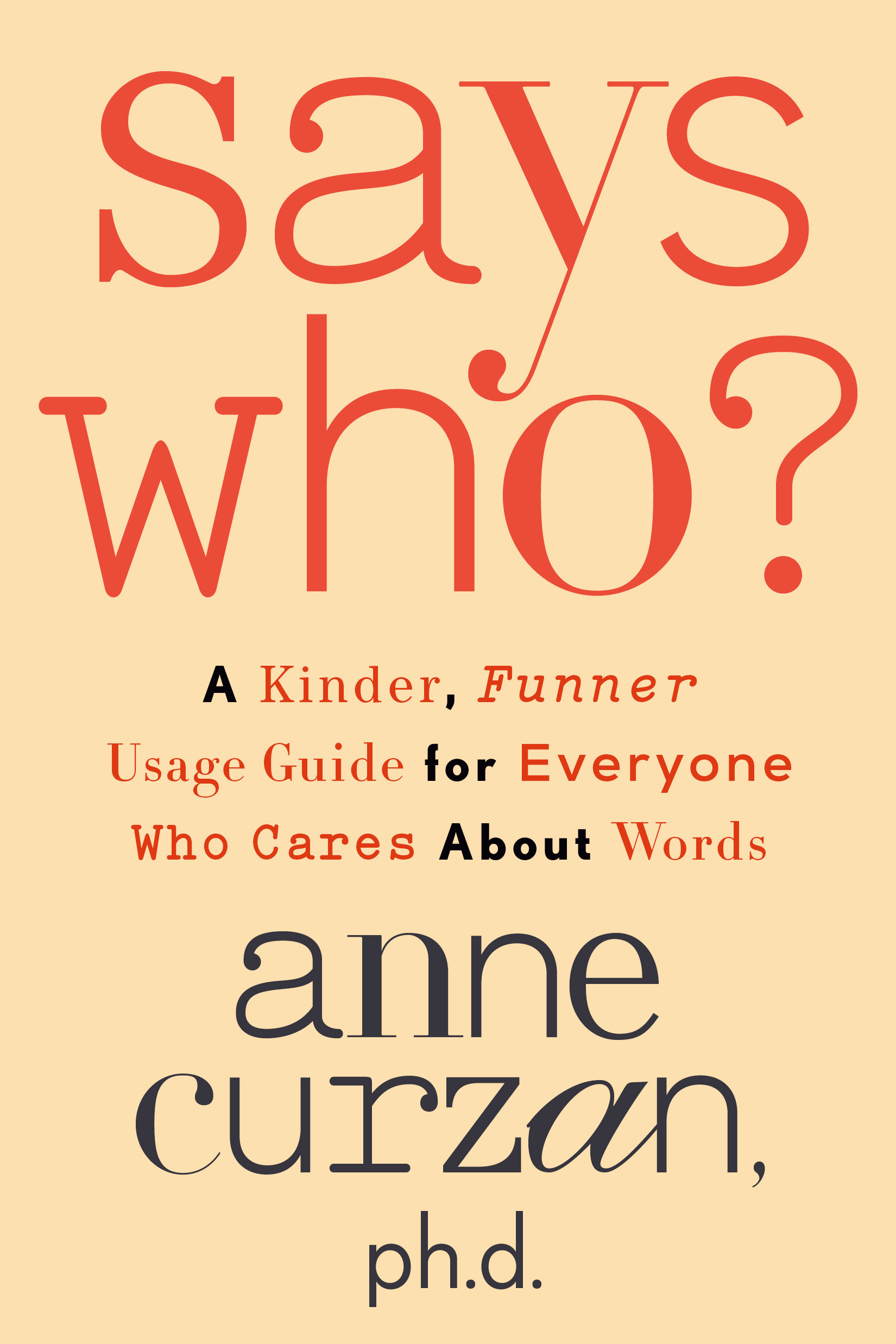What do you think?
Rate this book


336 pages, Hardcover
First published March 26, 2024
we make a mental note of some of the new words & new bits of grammar that we hear & see around us, exactly because they are novel. & when we travel to new regions and/or meet new people, we can’t help but observe some of the differences we hear in the language. some of us may notice when speakers don’t follow a so-called rule that we learned from a trusted language authority. I’m all for this kind of noticing: it shows our fundamental curiosity about how language works—how it varies from speaker to speaker & how it changes over time.
a key question for all of us then to consider is what we do with our observations. do we feel compelled to judge that new word or usage as illegitimate? or do we congratulate ourselves on spotting a new word or bit of grammar? should we jump in & correct someone when we think they made a grammatical mistake? or should we stand back & admire how language changes & evolves right before our eyes?
wordies know the language rules & where they come from, & then they make informed calls about whether or not to follow the rule in a given context. wordies are the skilled bird-watchers of language, taking pleasure in observing how different speakers creatively deploy language & how language is changing.
‘Language changes and peeves fade.’
‘[W]hat seemed abominable in the past, often because it was relatively new usage, can become standard and unremarkable.’
‘Conventions will change over time.’